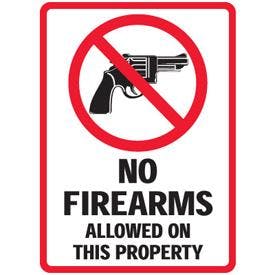By Eric B. Meyer
In every one of the United States, except Montana, employment is at will. This means that, absent a contract of employment for a specific period of time, you may fire an employee for any reason or no reason at all.
(Not to be confused with “right to work” — more on that here.)
Well, I suppose that there are some exceptions. Like, you can’t discriminate. And many laws make it illegal to retaliate as well.
Public policy exemptions to at-will employment
And then there are the public-policy exceptions, They vary from state to state. In Michigan, for example, a termination violates public policy when:
- The employee is discharged in violation of an explicit legislative statement prohibiting discharge of employees who act in accordance with a statutory right or duty;
- The employee is discharged for the failure or refusal to violate the law in the course of employment; or,
- The employee is discharged for exercising a right conferred by a well-established legislative enactment.
Why do I use Michigan as an example? Well, the Cincinnati-based Sixth U.S. Circuit Court of Appeals recently decided this case (Hoven v. Walgreen Co.) , where a drug store employee decided that he’d had enough with past robberies at his store and decided to carry a concealed weapon in the event of a future robbery. So, when a masked gunman returned, the employee pulled his gun and started blasting.
The drug store later informed the employee that he had violated its “non-escalation” policy and, ultimately, it fired the employee.
The employee sued alleging, among other things, that the store had violated public policy by terminating his employment in violation of the Second Amendment.
At will > Second Amendment
The Sixth Circuit, however, disagreed.
It held that while the Second Amendment of the U.S. Constitution provides for the right to bear arms, without interference from the state. In a private setting, such as your workplace, employees don’t have the same Second Amendment rights.
[Update: You can also fire Febreze-toting workplace cowboys, too.
Unless you know that the law varies in your state, even where the employee is well-intentioned, such as the one in the case above, please don’t condone employees carrying concealed weapons at work.
It’s bad enough that, every so often, we hear stories about workplace gun violence. Don’t add to that violence with more guns in the workplace.
This was originally published on Eric B. Meyer’s blog, The Employer Handbook.
